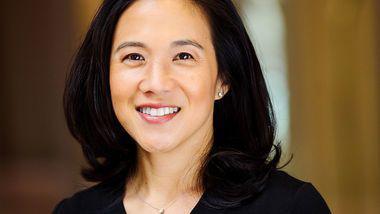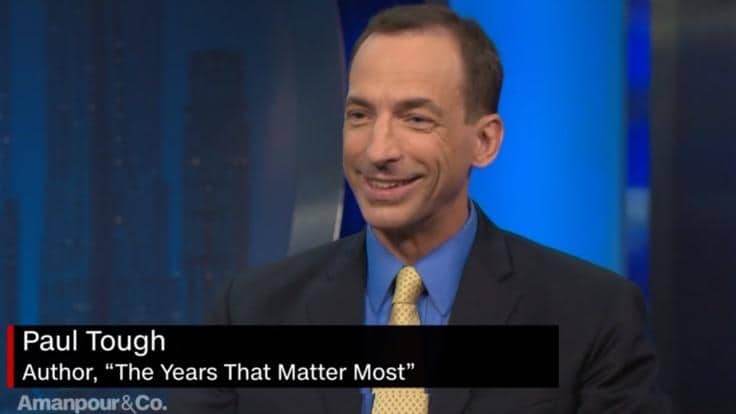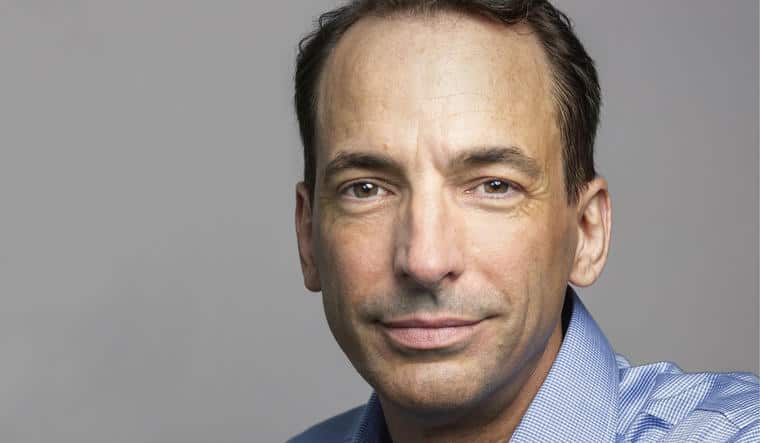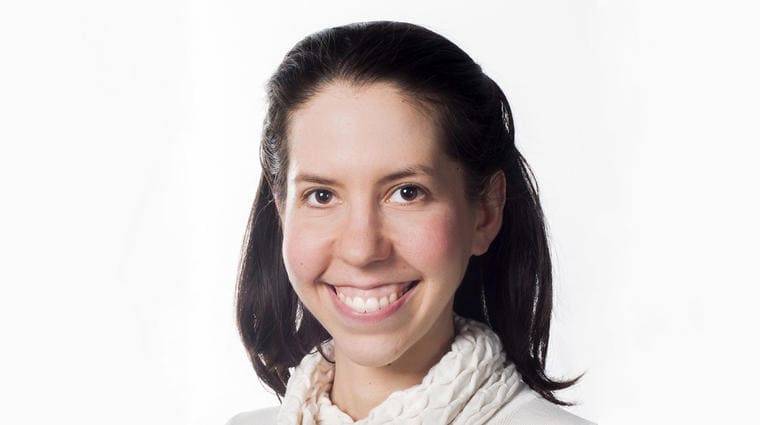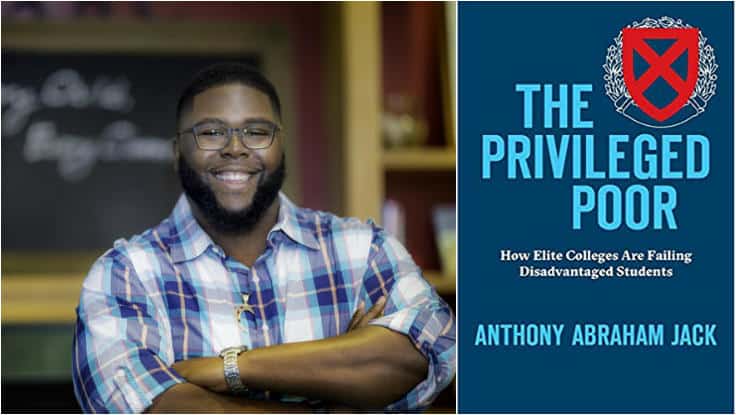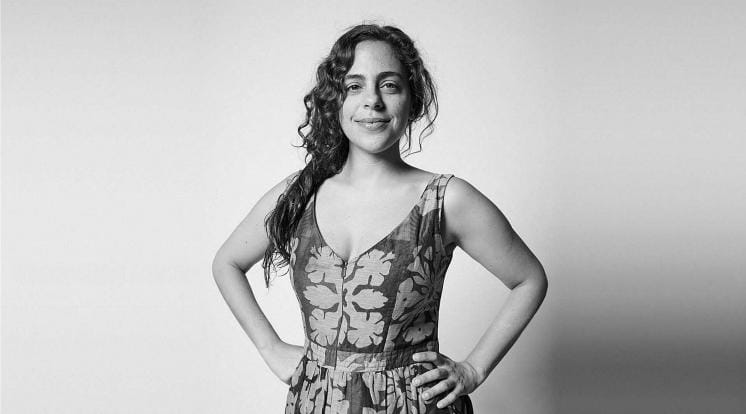The COVID-19 pandemic has created the largest disruption of education systems in history. Not only that, but this crisis is exacerbating pre-existing education disparities for many of the most vulnerable students. How are higher education institutions carrying on with teaching during this socio-economic, cultural and health crisis, and what do we know about the future of education?
Luckily, The Lavin Agency’s Education Speakers are here to highlight up-to-the-minute innovations within the education sector. As schools develop innovative approaches in support of education and distance learning solutions, these experts are on the frontline of the current challenges facing our students and educators.
With more and more diverse and disadvantaged students accepted into elite colleges, Assistant Professor at Harvard and author of The Privileged Poor, Anthony Jack explores how poor students are often failed by the top schools that admit them. In fascinating and critical talks, he details how class divides on campus create barriers to academic success—and shares what schools can do in-step with their COVID-19 strategies to truly level the playing field.
In his illuminating talks, leading expert in the psychology of persistence David Yeager goes beyond typical “student success” programs, and instead takes a social-psychological perspective during a crisis, asking: what does it look and feel like to worry about whether you belong? David shows us a framework for engaging in continuous improvement of the psychological environment that supports student persistence during the pandemic.
In a constantly shifting educational landscape, who gets to thrive, and what are the deciding factors? New York Times bestselling author Paul Tough makes a mind-changing inquiry into modern higher education. Will colleges provide real opportunity for young people to improve their prospects and social mobility during the pandemic? In talks drawn from his years of research, Paul challenges the status quo, revealing how higher education and social mobility really work, and what we can do to make it more equitable for all.
Learn more about The Lavin Agency’s Education Speakers.

